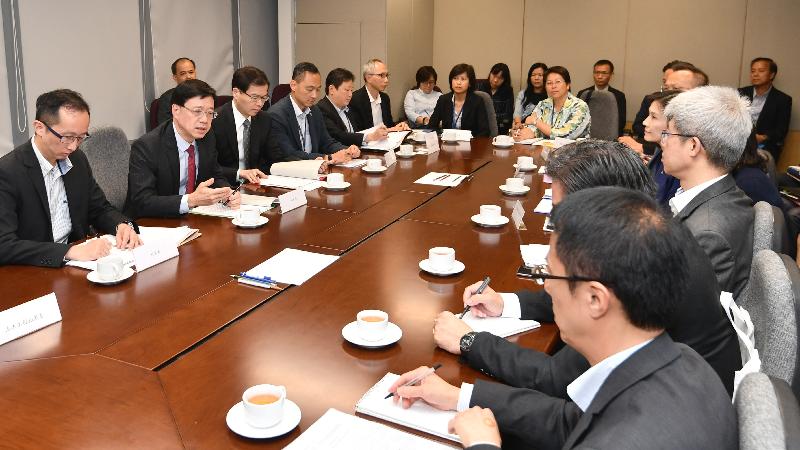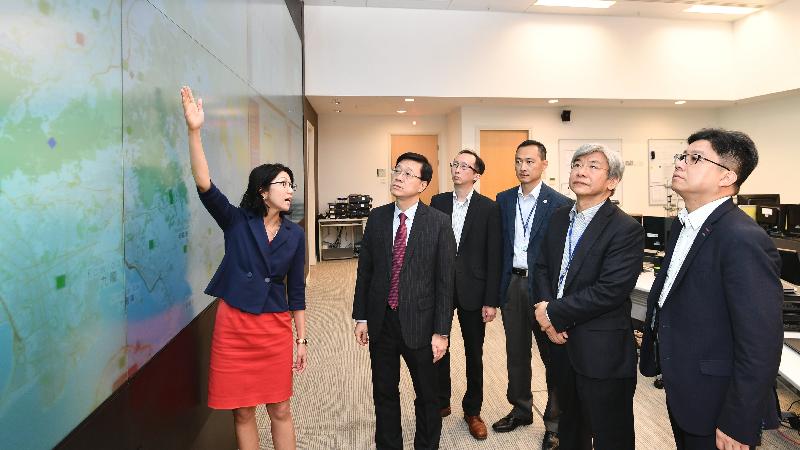Christmas surface mail – latest dates of posting 2018
The spokesman for Hongkong Post announced today (September 13) that the latest dates of posting for surface mail (letters, cards, packets and parcels) intended for delivery before Christmas Day are shown below. While the dates are provisional, they are worked out based on the requirements of overseas postal administrations. These dates are subject to availability of shipping services and may be altered at short notice. The public are advised to post earlier than the dates shown.
| Destination ———– Asia and the Middle East |
Latest Posting Date ——————-
|
| Bahrain | November 5 |
| Bangladesh | November 5 |
| Brunei Darussalam | October 12 |
| China, Mainland | December 7 |
| India | November 9 |
| Indonesia | November 14 |
| Israel | November 3 |
| Japan | November 7 |
| Jordan | October 29 |
| Korea | November 6 |
| Lao PDR | November 15 |
| Macao | December 3 |
| Malaysia | November 22 |
| Myanmar | October 12 |
| Nepal | November 9 |
| Oman | October 12 |
| Philippines | October 13 |
| Saudi Arabia | November 5 |
| Singapore | November 5 |
| Sri Lanka | October 12 |
| Taiwan | November 16 |
| Thailand | November 15 |
| United Arab Emirates | October 29 |
| Vietnam | November 10 |
| Other countries in Asia | November 7 |
| and the Middle East |
| Destination ———– America (North, Central and South) and the Caribbean |
Latest Posting Date ——————-
|
| Argentina | October 12 |
| Brazil | October 15 |
| Canada | October 3 |
| Chile | October 12 |
| Costa Rica | October 26 |
| Cuba | October 16 |
| Ecuador | October 12 |
| Guyana | October 12 |
| Panama | October 12 |
| Peru | October 12 |
| United States | October 11 |
| Uruguay | October 12 |
| The Caribbean: | |
| Bahamas | October 12 |
| Jamaica | October 12 |
| Netherlands Antilles and Aruba | October 12 |
| Trinidad and Tobago | October 12 |
| Other countries in America | October 12 |
| and the Caribbean |
| Destination ———– Europe |
Latest Posting Date ——————-
|
| Austria | October 12 |
| Belgium | October 31 |
| Cyprus | October 18 |
| Denmark | October 20 |
| Estonia | October 12 |
| Finland | October 13 |
| France | October 31 |
| Germany | October 6 |
| Gibraltar | October 20 |
| Greece | October 19 |
| Iceland | October 12 |
| Ireland | October 18 |
| Italy | October 12 |
| Latvia | October 12 |
| Lithuania | October 12 |
| Malta | October 30 |
| Montenegro | October 12 |
| Netherlands | October 19 |
| Norway | October 15 |
| Poland | October 20 |
| Portugal | October 16 |
| Russia | October 12 |
| Serbia | October 12 |
| Spain | October 20 |
| Sweden | October 19 |
| Switzerland | October 12 |
| Turkey | October 19 |
| United Kingdom | October 12 |
| Other countries in Europe | October 12 |
| Destination ———– Oceania |
Latest Posting Date ——————-
|
| Australia | October 23 |
| Fiji | October 23 |
| French Polynesia | October 15 |
| Nauru | October 23 |
| New Caledonia | October 15 |
| New Zealand | October 30 |
| Papua New Guinea | October 23 |
| Solomon Islands | October 23 |
| Other countries in Oceania | October 15 |
| Destination ———– Africa |
Latest Posting Date ——————-
|
| Botswana | October 6 |
| Democratic Republic of the Congo | October 12 |
| Côte d'lvoire | October 12 |
| Egypt | October 29 |
| Gambia | October 5 |
| Ghana | October 12 |
| Kenya | October 12 |
| Lesotho | October 6 |
| Madagascar | October 12 |
| Malawi | October 12 |
| Mauritius | October 29 |
| Morocco | October 12 |
| Mozambique | October 6 |
| Nigeria | October 12 |
| Reunion | October 29 |
| Seychelles | October 12 |
| South Africa | October 30 |
| Sudan | October 12 |
| Swaziland | October 6 |
| Tanzania | October 12 |
| Uganda | October 12 |
| Zambia | October 12 |
| Zimbabwe | October 6 |
| Other countries in Africa | October 10 |

